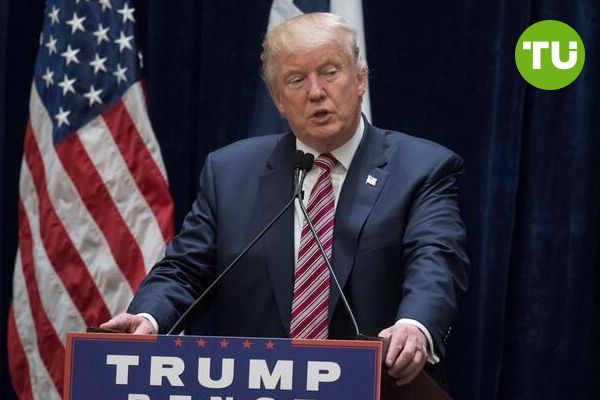U.S. set to become global cryptocurrency hub under Trump's regulatory framework
 Trump's new policies aim to reduce barriers, attracting crypto investment
Trump's new policies aim to reduce barriers, attracting crypto investment
Donald Trump's election victory signals a strong commitment to making the United States a more favourable jurisdiction for cryptocurrency innovation, with plans to implement a regulatory framework designed with the digital asset industry in mind.
The move reflects a significant turn toward cryptocurrency-friendly policies, marking a marked departure from previous approaches to U.S. regulation that many in the cryptocurrency sector viewed as restrictive and unclear. Now, industry leaders and experts are cautiously optimistic about potential changes that they believe could transform the United States into a leading centre for blockchain and digital currencies, The Washington Post reported.
Streamlined policies and industry-friendly leadership
Trump's proposed policy, according to analysts, would streamline regulatory oversight and reduce bureaucratic barriers, creating a favourable environment for cryptocurrency businesses. By simplifying compliance requirements, Trump aims to spur innovation and attract capital to the US, setting it up to compete with countries like Singapore and Switzerland, which have become global centres of cryptocurrency activity.
To achieve his goal of making the U.S. the ‘crypto capital of the planet.’, Trump is considering industry-friendly candidates for key financial regulatory positions, with a particular focus on individuals with pro-crypto views. Hester Pearce, Daniel Gallagher and Mark Uyeda, known for their pro-cryptocurrency views, are among the top contenders for executive positions at the Securities and Exchange Commission (SEC) and the Commodity Futures Trading Commission (CFTC).
Industry growth amidst potential risks and forward-looking developments
Trump's new crypto policy is expected to benefit various sectors of the digital industry, especially blockchain and stablecoin companies.
At the same time, some experts fear that a loosened regulatory framework could open the door to fraudulent activity and weaken consumer protections. Financial supervisors have historically cautioned against overly loose policies, fearing that such an environment could expose retail investors to greater risks. The Trump administration has responded by assuring that any new policies would be balanced between encouraging industry growth and risk mitigation measures, though the specific details remain to be seen.
As the Trump administration prepares to unveil more details on its cryptocurrency policy, the price of bitcoin (BTC), the largest cryptocurrency by capitalisation, has surpassed the $89,000 mark.
If the U.S. becomes a cryptocurrency-friendly jurisdiction, it could attract significant foreign investment, encourage blockchain startups to establish themselves on U.S. soil, and possibly prompt other countries to reconsider their own regulatory stance.
In conclusion, the creation of the Bitcoin Strategic Reserve has received a significant boost since the election of Donald Trump as the 47th President of the United States. Dennis Porter, CEO of the Satoshi Act Foundation, said that several US states will introduce their own strategic bitcoin reserves in 2025.













































































































































